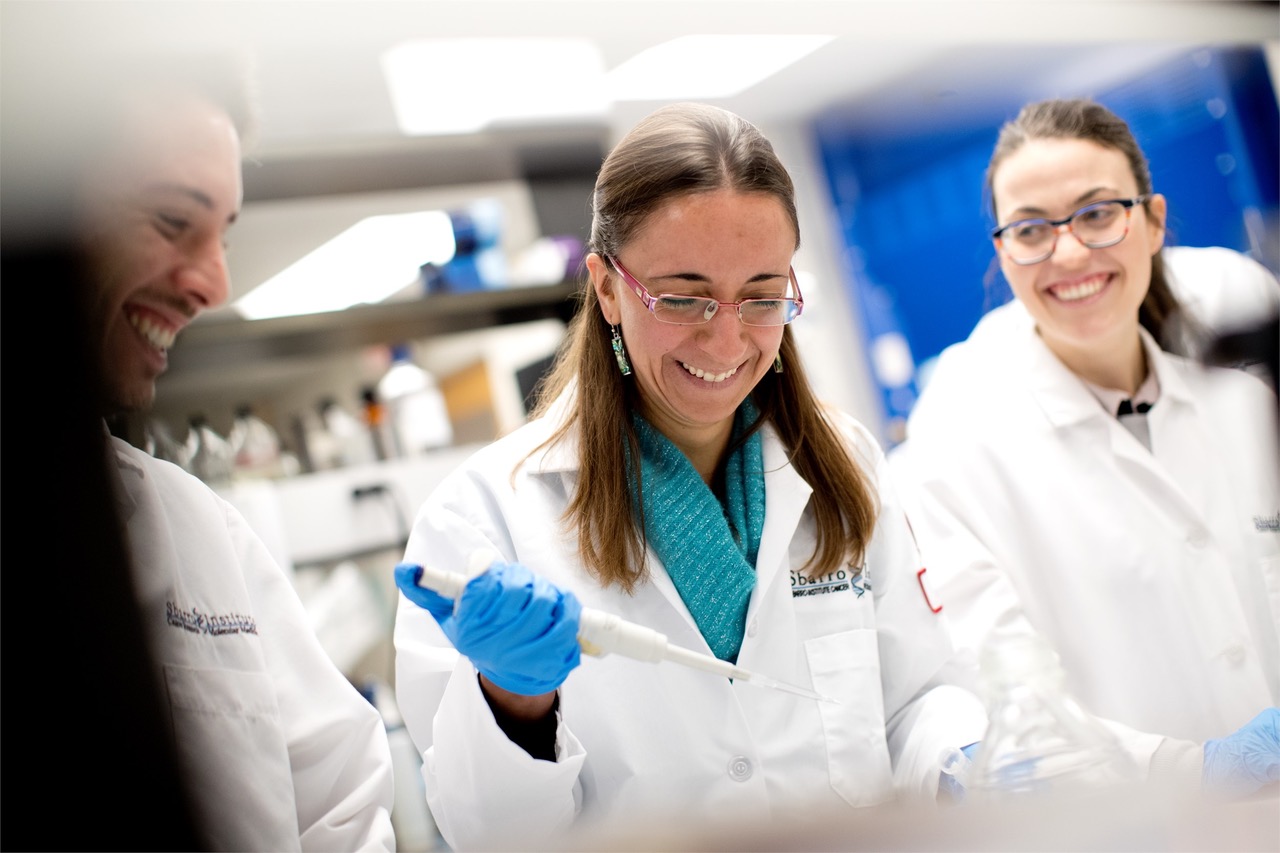Challenges in cancer research
12 May , 2025

Despite decades of progress, cancer remains one of the greatest challenges in modern medicine. It is not a single disease, but a collection of over 200 different conditions, each with its own biology, behavior, and vulnerabilities. At SHRO, we confront this complexity head-on, knowing that every obstacle we face today brings us closer to a world where cancer is no longer a life-threatening condition but a treatable and even preventable one.
Understanding the Challenge
Cancer’s greatest weapon is its diversity. Tumors can evolve rapidly, resist treatment, and reappear even after years of remission. The same type of cancer can behave very differently in different patients, and even within the same tumor, cells may vary widely. This heterogeneity makes it incredibly difficult to find a one-size-fits-all solution. Moreover, cancer cells are experts at adapting, they learn to survive, resist drugs, and manipulate the body’s systems to continue growing.
This is why the fight against cancer must be as dynamic and adaptive as the disease itself.
The Major Scientific Hurdles
1. Tumor Heterogeneity: Tumors are made up of many different types of cells that can mutate over time. This makes it difficult to find treatments that work across all cancer cell types within a tumor, and even harder to prevent relapse.
2. Drug Resistance: Many patients initially respond well to treatment, but then the cancer comes back, stronger and more resistant. Understanding how cancer cells evolve and resist therapy is essential to developing long-lasting treatments.
3. Immune Evasion: Some cancers can hide from the immune system or manipulate it to help them grow. A major focus of today’s research is on empowering the immune system to recognize and destroy cancer cells.
4. Early Detection: Most cancers are easier to treat when found early, yet many forms are only diagnosed in later stages. Developing tools for early, accurate, and non-invasive detection remains a critical goal.
5. Precision Targeting: One of the greatest promises of modern research lies in identifying and attacking the specific molecular targets that drive cancer. However, these targets can vary widely from patient to patient, and often mutate during treatment.
Innovation
At SHRO, we believe that the future of cancer treatment lies in precision oncology, a personalized approach that uses genetic, molecular, and environmental information to tailor treatments for each patient. This approach is already producing results, particularly in targeted therapies and immunotherapies that attack cancer cells while sparing healthy ones.
Our work in molecular biology has uncovered critical insights into the genes and proteins that fuel cancer growth. Discoveries such as Rb2/p130, CDK9, and CDK10 have opened new pathways to more effective, less toxic treatments. More recently, our studies on immune evasion, epigenetic regulators, and metabolic vulnerabilities are providing powerful strategies to outmaneuver cancer’s defenses.
We are also harnessing cutting-edge technologies like:
- AI and machine learning to accelerate drug discovery and identify new therapeutic targets.
- CRISPR and gene editing to explore and disable cancer’s genetic drivers.
- 3D organoids and patient-derived models to test treatments in ways that reflect the human body.
Vision
The final goal of our research is clear: to discover new, effective cures for cancer. We strive to create therapies that are smarter, safer, and more sustainable. Treatments that don’t just fight cancer, but beat it. And just as important, we aim to ensure that these therapies are accessible to all, regardless of geography or economic status.
Hope
Cancer is a formidable enemy, but it is not invincible. Thanks to decades of relentless research, and the support of donors, patients, and scientists around the world, we have never been closer to turning the tide. Every challenge brings us closer to a breakthrough. Every experiment brings us closer to a cure. At SHRO, this is more than research. It’s a mission.
We are not just studying cancer. We are dismantling it, one discovery at a time.




